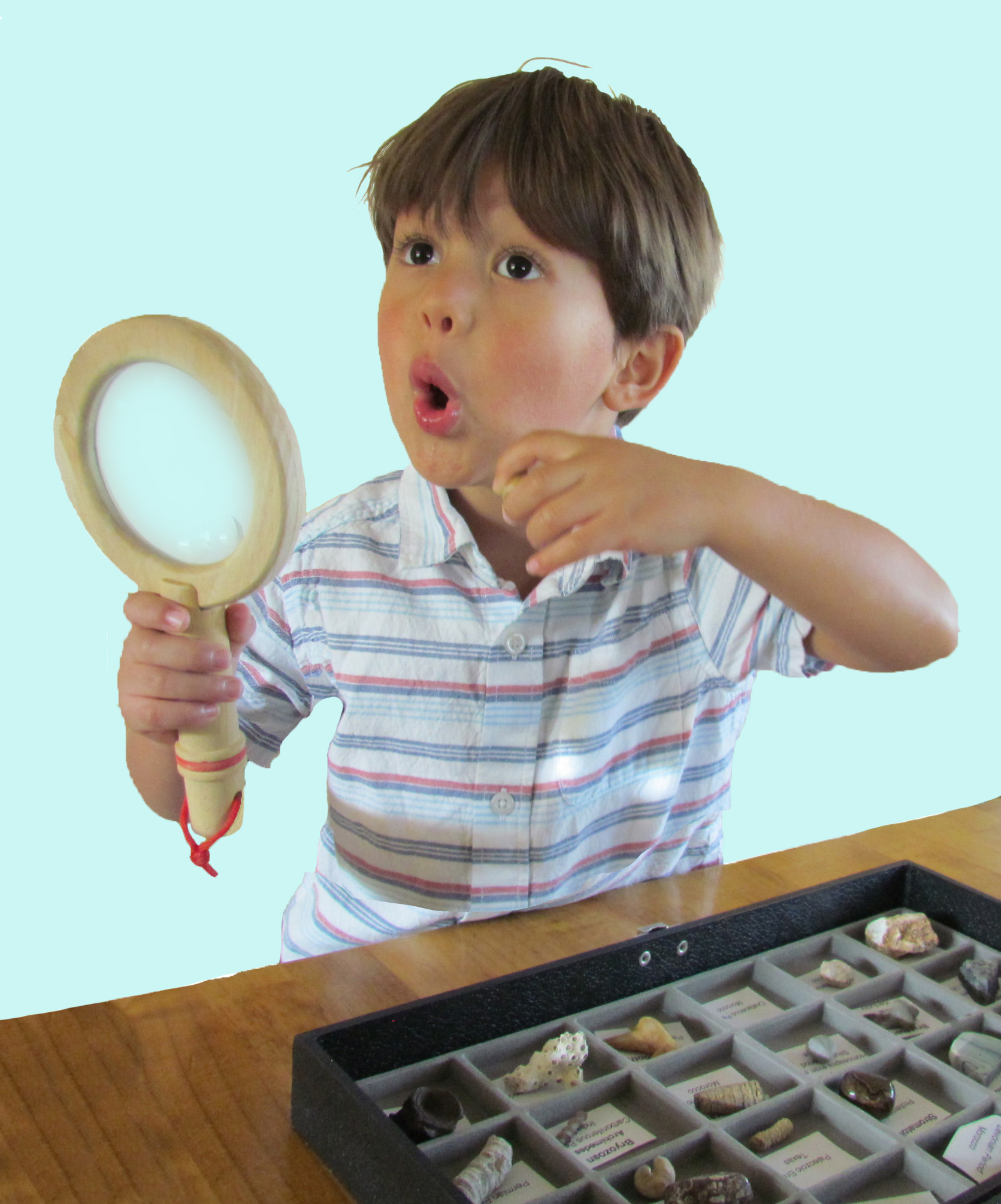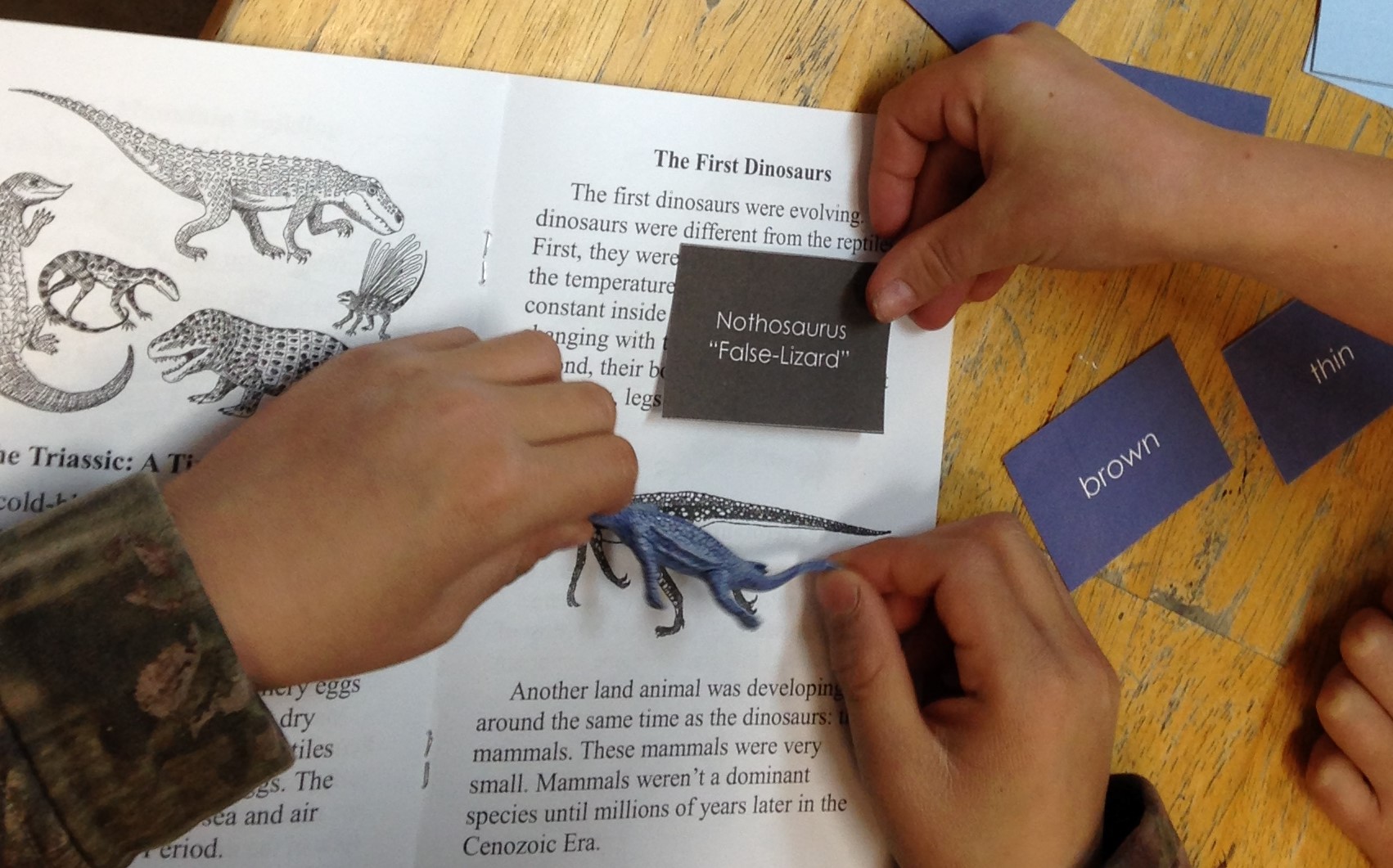Wonder, Discovery and Academic Skills…
Unlikely, Impossible, or
the Essence of Cosmic Education?
All teachers want their students to be engaged in learning, inspired to go deep into a subject, and, when everything works well, filled with WONDER! Even for Montessori teachers, in today’s world of high-stakes testing, much of the focus is on drilling academic skills using beads and cards, leaving the wonder behind.

Teaching to the test was never a thing for me. That could be because I spent the bulk of my teaching career long before the introduction of No Child Left Behind (or No Child Left Untested, as I liked to quip!) Or it could have been because I often taught in schools whose funding was not directly tied to the achievement of some level of academic standard.
But let’s be realistic…if my students weren’t achieving well within the standards of learning their parents expected, funding would be lost through lost enrollments. So, I never really bought into the notion that it was only public schools that were burdened with the academic achievement/funding connection.
Throughout my career, tying high-level interest to achieving academic skills came naturally. I used the conceptual basis of the Montessori materials as my guide, but, as often as not, I designed materials that were directly tied to the topics or subjects my particular class of students were interested in learning while addressing those skills that particular group needed to develop.

As a result, I regularly created unique subject-based sentences for analysis, history-based math problems, or little cards for grammar-box-like activities to go along with student-created dioramas…which I saw as miniature environments that kids really cared about.
In this process, my students were simultaneously learning about a particular subject, while using Montessori-style learning tools like grammar box cards, sentence analysis, or math manipulatives. Their language and math skills were being developed at the exact level for which the students were ready, while being driven forward by a desire to learn about something they wondered about.
And that’s ALWAYS what it is about: wonder, curiosity, and a desire to know. Elementary children are naturally driven in this way, and secondary students, armed with this sort of early learning as a foundation, take that knowledge and use it to construct their particular place in the world through the valorization work that happens in their Montessori classrooms.
Now that my work lies in coaching teachers, I strive to share examples that will spark the teachers’ thoughts. Just a week ago, I shared the diorama/grammar process I used in my classroom with a teacher who saw a way to use the same process as she and her students embark on the study of different biomes. Perfect!
There are countless ways to connect the brilliance of the Montessori materials to subjects that matter to the children. For me, this is the essence of Cosmic Education: keeping wonder, awe, and curiosity alive, while maintaining connections to skill-development. In the process, skills are taught, practiced, applied and embedded into the students thinking far more deeply than by simply moving beads or cards on a rug or teaching to succeed on a test.